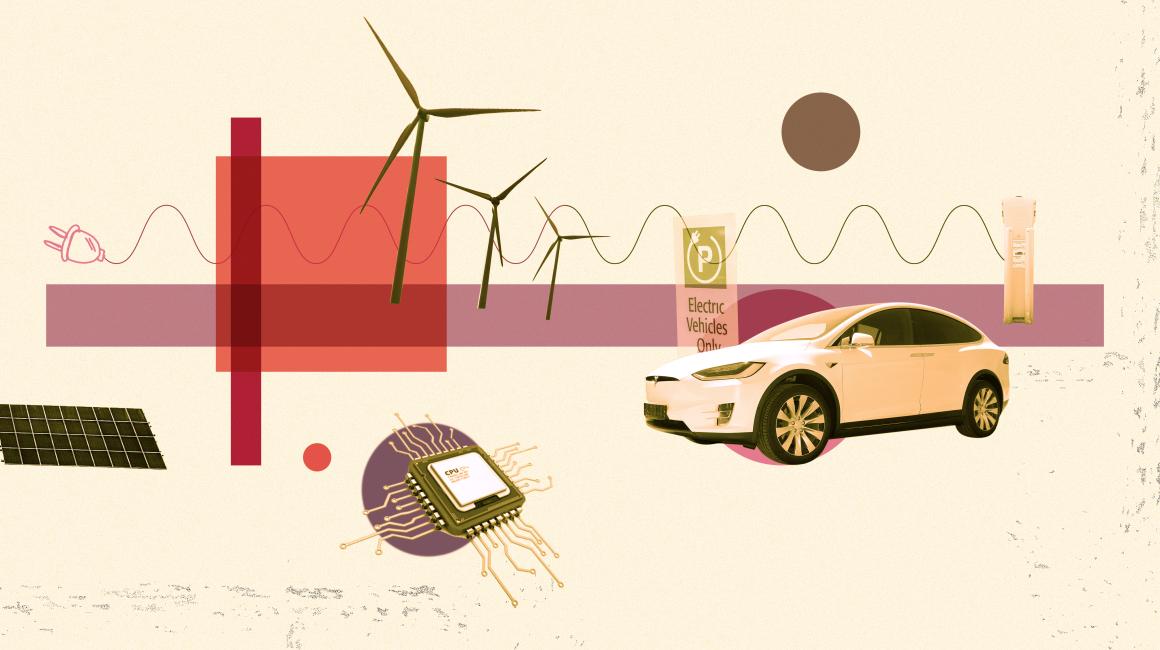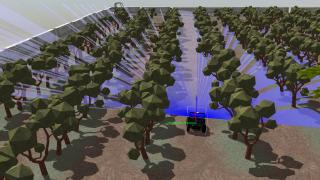
In most fields, Ph.D.s are the terminal degree synonymous with doctoral education. But in the world of engineering, there’s an increasingly popular alternative: the D.Eng., or Doctor of Engineering. So what’s the difference? UM-Dearborn Professor of Electrical and Computer Engineering Ya Sha (Alex) Yi says Ph.D. programs, like UM-Dearborn’s four full-time Rackham engineering degrees, are still the gold standard if your goals include work in academia or an elite government or private sector research lab. But if you’re a working professional interested in branching out into applied research within your field, then the D.Eng. may be a much better fit.
UM-Dearborn launched its first D.Eng. program in automotive systems and mobility back in 2019, and this fall, it’s adding a second D.Eng. in electrical and computer engineering. Yi says the new program, which was developed in close collaboration with industry, is aiming to increase the talent base for sectors being transformed by economic forces like electrification and machine intelligence.
“If we’re talking about the automotive industry, for example, the car of the future is basically a completely different product than the car based on the internal combustion engine,” Yi says. “Future cars are going to be electric, some of them will be autonomous. They’ll have lidar, dozens of sensors, vehicle-to-vehicle communications, wireless communications, entertainment systems. You're basically talking about a vehicle that is a big computer, and the automakers know they need to revitalize themselves with teams that have this expertise.” Outside the automotive industry, the career options are just as numerous. Whether it’s smart grid technologies, renewable energy, cyber-physical systems, the internet of things, robotics or consumer electronics, it’s clear much of the world’s economy will require a deep talent pool of advanced electrical and computer engineers.
The new D.Eng. offers a couple of key perks for working students. For starters, the program takes just three years to finish. And it’s part-time, which means students can keep their current job while they complete their coursework and research. Plus, students get to work closely with a UM-Dearborn faculty member whose research interests match their own. Additional requirements for entering the program include a master’s degree and commitment of financial support from the student’s employer.
Students interested in the new D.Eng. in electrical and computer engineering can get more details at the official program page.
###
Story by Lou Blouin. The new D.Eng. in electrical and computer engineering was developed with support from UM-Dearborn faculty Paul Richardson, Hafiz Malik, Sridhar Lakshmanan, Paul Watta, Ya Sha (Alex) Yi, Taehyung Kim and Weidong Xiang.






